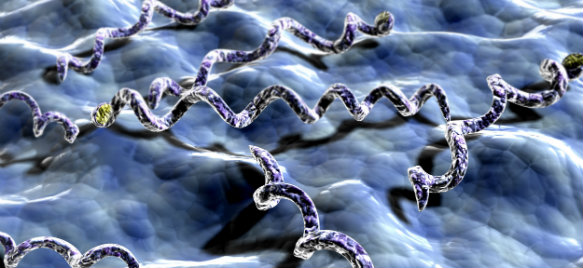Sexually transmitted infections (STIs) are caused by pathogenic microbes that are transmitted from one person to another by sexual intercourse

Some STIs, such as HIV, can also be caught in other ways, for example through contact with contaminated blood when infected drug users share needles, or from mother to baby during the birthing process. However, it is important to note that the microbes that cause STIs cannot survive outside the body for long so infection from toilet seats, etc. is extremely unlikely.
Any individual who engages in unprotected intimate sexual contact could catch an STI – young, old, male, female, straight, gay or lesbian STIs don’t discriminate! You do not have to be promiscuous (have lots of sexual partners) to catch an STI: you could become infected after having unprotected sex just once if your partner is already infected.
STIs can cause unpleasant and sometimes life-threatening symptoms so it is important to avoid catching one. Anyone who suspects they may have contracted an STI should get it identified and treated as soon as possible. You can get screened for STIs at your local genito-urinary medicine clinic (GUM), sexual health clinic or GP surgery. As many STIs are very infectious it is essential that all sexual partners of an infected individual are traced and treated to stop the infection from spreading further.
For many, STIs can be asymptomatic, show no symptoms of the disease but still be infectious.
To prevent the spread of STIs, safe sex must always be practised. STIs require a physical barrier to stop transmission of organisms from one person to another. 'Barrier' contraceptives such as condoms are the best method of prevention.
Take the STI quiz to see how STI aware you are.